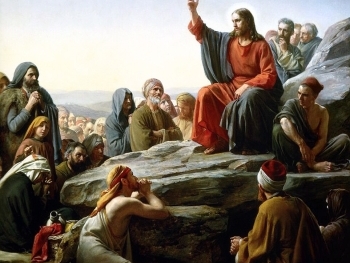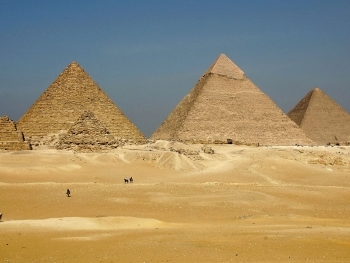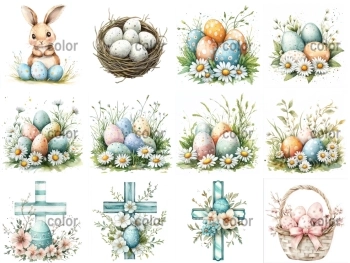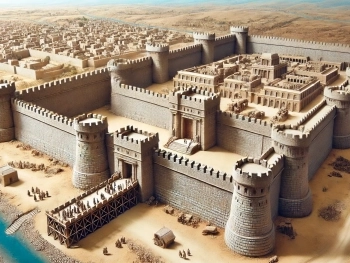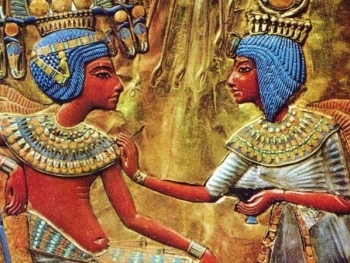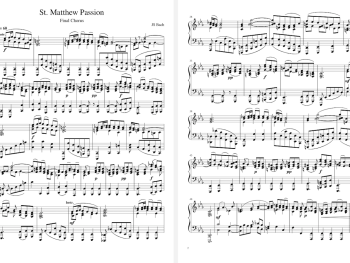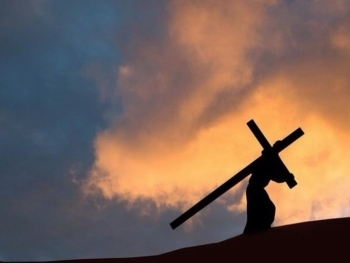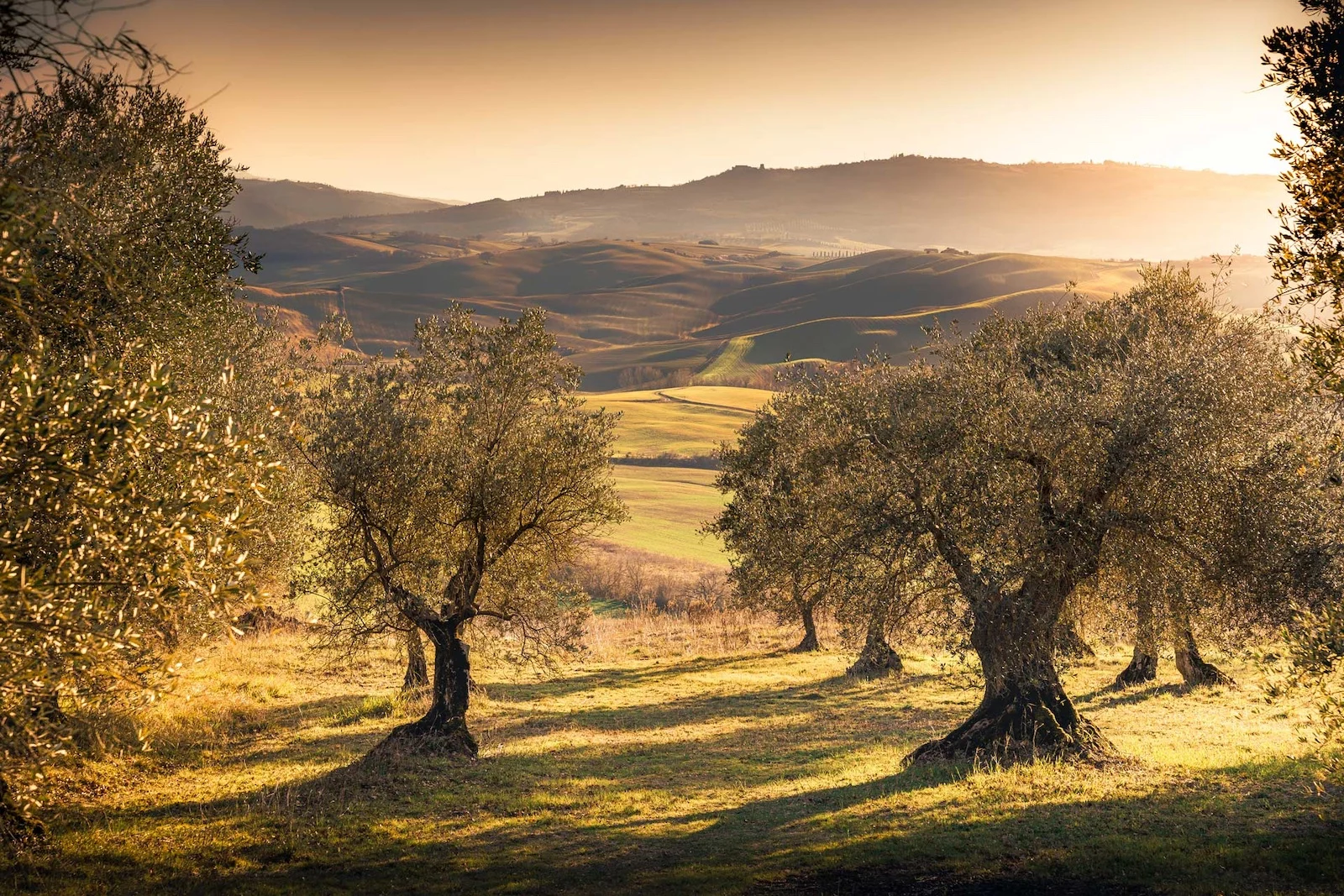
The olive tree holds profound significance in the Bible, embodying peace, prosperity, divine favor, and resilience. This sacred tree is not only one of the most frequently mentioned plants in the Scriptures but also plays a central role in the cultural, agricultural, and spiritual life of the ancient Near East. Its enduring symbolism resonates across biblical narratives, connecting earthly sustenance with divine promises.
The Olive Tree in Ancient History
The olive tree, Olea europaea, is one of the oldest cultivated plants in human history, with archaeological evidence of its domestication dating back to at least 4,000 BCE in the Eastern Mediterranean. The tree thrives in the arid and semi-arid climates of the Levant, a region that includes modern-day Israel, Palestine, and surrounding areas. For ancient societies, the olive tree was a symbol of life and abundance due to its remarkable longevity and the value of its fruit and oil.
Olive oil was a cornerstone of ancient economies and daily life. It served multiple purposes: a source of nourishment, an ingredient in religious rituals, fuel for lamps, and even as a cosmetic and medicinal agent. This versatile oil elevated the olive tree from a simple agricultural product to a spiritual symbol, deeply entwined with the lives of those who cultivated it.
Symbolism of the Olive Tree in the Bible
The Bible uses the olive tree and its fruit as powerful metaphors to convey spiritual truths and divine messages. Some of the key themes associated with the olive tree include:
1. Peace and Reconciliation
The olive branch is universally recognized as a symbol of peace, and this association has its roots in the Bible. In the story of Noah and the Flood, the dove returns with an olive leaf in its beak, signaling that the waters have receded and that God's wrath has abated.
“And the dove came back to him in the evening, and behold, in her mouth was a freshly plucked olive leaf. So Noah knew that the waters had subsided from the earth.” (Genesis 8:11, ESV)
This passage establishes the olive branch as a sign of hope, renewal, and reconciliation between God and humanity. The return of dry land symbolized a new covenant and a fresh start for creation.
2. Prosperity and Divine Blessing
In the agrarian culture of ancient Israel, olive oil was a measure of wealth and a symbol of God's provision. Psalm 128 extols the blessings of a righteous life, likening children to olive shoots:
“Your wife will be like a fruitful vine within your house; your children will be like olive shoots around your table.” (Psalm 128:3, ESV)
This imagery reflects the prosperity and abundance associated with olive trees, which produce fruit even in harsh conditions and live for centuries, symbolizing enduring blessings.
3. Light and Anointing
Olive oil was integral to the worship practices of the Israelites. It was used to fuel the golden lampstand (menorah) in the Tabernacle, providing light that represented God's eternal presence:
“Command the Israelites to bring you clear oil of pressed olives for the light so that the lamps may be kept burning continually.” (Leviticus 24:2, NIV)
Additionally, olive oil was a key ingredient in anointing rituals. Kings, priests, and prophets were anointed with oil to signify their consecration and empowerment by God. For instance, the prophet Samuel anointed David with oil, marking him as God's chosen king:
“Then Samuel took the horn of oil and anointed him in the midst of his brothers. And the Spirit of the Lord rushed upon David from that day forward.” (1 Samuel 16:13, ESV)
The anointing with olive oil also foreshadows the coming of the Messiah (Mashiach), which means "the anointed one."
4. Resilience and Faithfulness
The olive tree’s ability to thrive in rocky, arid soil made it a symbol of perseverance and faithfulness. Jeremiah compares the people of Israel to a green olive tree, flourishing under God’s care:
“The Lord called your name, ‘A green olive tree, beautiful with good fruit.’” (Jeremiah 11:16, NASB)
However, this same passage warns of God’s judgment, illustrating how the fruitful tree can be destroyed if it fails to uphold its covenant with God.
5. The Olive Tree and Gentile Inclusion
The Apostle Paul uses the olive tree as a metaphor for the inclusion of Gentiles in God’s covenant with Israel. In Romans 11, he describes how wild olive branches (Gentiles) are grafted onto the cultivated olive tree (Israel), symbolizing unity in God’s plan:
“If some of the branches have been broken off, and you, though a wild olive shoot, have been grafted in among the others and now share in the nourishing sap from the olive root, do not consider yourself to be superior to those other branches.” (Romans 11:17-18, NIV)
This imagery underscores the universality of salvation and the interconnectedness of God’s people.
Olive Trees and Gethsemane: A Place of Surrender
The Garden of Gethsemane, where Jesus prayed before His arrest, derives its name from the Aramaic word gat shemanim, meaning “oil press.” This location, likely an olive grove with an oil press, adds profound symbolism to Jesus’ suffering. Just as olives are crushed to produce oil, Jesus was “pressed” under the weight of humanity’s sins. His prayer and submission to God’s will in this place are pivotal moments in the story of salvation:
“And being in agony, He prayed more earnestly. Then His sweat became like great drops of blood falling down to the ground.” (Luke 22:44, NKJV)
The olive tree is a timeless emblem of peace, resilience, and divine favor in the Bible. From Noah’s olive branch to the anointing of kings and the spiritual lessons of Gethsemane, its presence in Scripture connects humanity with God’s covenant and blessings. Its enduring symbolism continues to inspire faith, reminding believers of the promises of renewal, prosperity, and unity in the Lord.
The olive tree’s roots in ancient history and its prominence in biblical narratives demonstrate its significance as a bridge between the physical and the spiritual—a tree that continues to bear fruit for the soul.
Biblical History Spirituality Spiritual Lessons Spiritual Revival Spiritual Journey Spiritual Wisdom Biblical narratives Biblical References Biblical Mystery Biblical Research Biblical Interpretation Spiritual Connection Spiritual Guidance Spiritual Growth Biblical Wisdom Biblical studies impact Spiritual Significance Olive tree symbolism Olive tree Bible olive tree meaning Olive branch in the Bible Biblical plants Ancient Israel agriculture Ancient Israel Peace symbol in the Bible Olive oil in the Bible Spiritual symbols in Scripture Olive tree facts

